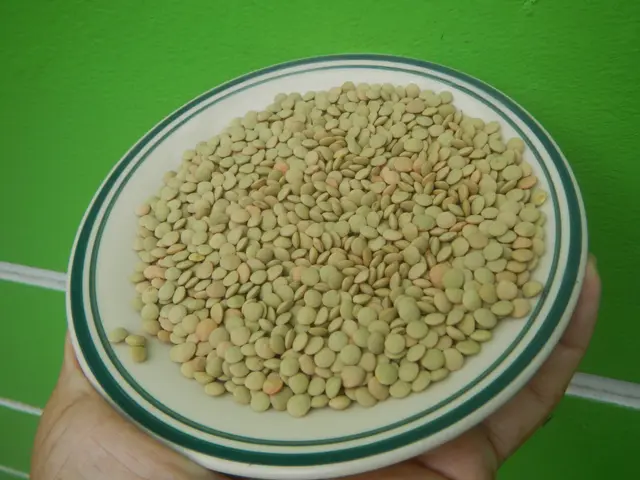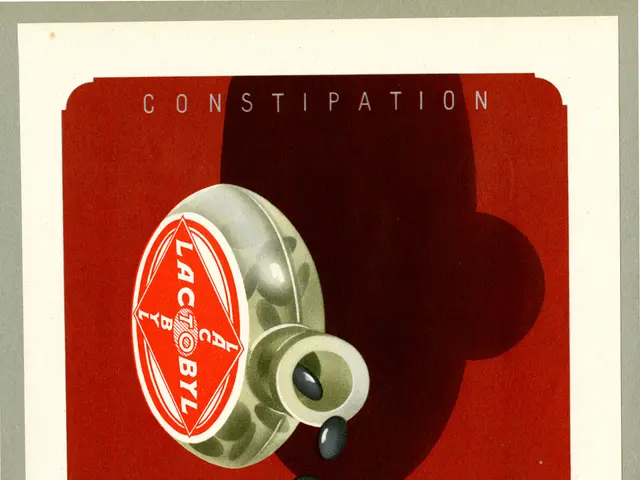Brazilian state lab set to produce generic variant of Ozempic drug
In a significant move to bolster Brazil's pharmaceutical industry, The Oswaldo Cruz Foundation (Fiocruz) has signed a technology transfer agreement with the private laboratory EMS. This partnership aims to reduce Brazil's dependence on imported medications and enhance the nation's capacity to produce essential diabetes and obesity medications.
The agreement involves the production of injectable versions of these medications, with initial production taking place at EMS’s factory in Hortolândia, São Paulo. Subsequent studies have shown that both medications are effective against obesity, and the technology transfer process will allow production to be transferred to Rio de Janeiro, where Fiocruz's Farmanguinhos complex is located.
The partnership enables the local synthesis of the active pharmaceutical ingredients (APIs) and the production of final drugs. Specifically, the technology transfer includes the synthesis of the active principle and final medication for both GLP-1 agonists, liraglutide, and semaglutide. Liraglutide is marketed in many countries as Saxenda, while semaglutide is sold under the names Ozempic and Wegovy.
Both medications mimic the action of a hormone that stimulates insulin production and reduces blood sugar levels. Their effectiveness against obesity is due to their ability to delay digestion, increase the sensation of satiety, and reduce hunger.
Key impacts of this partnership include:
- Reduction in dependence on imported medications: The agreement establishes local manufacturing of complex injectable drugs, diminishing reliance on imports and enhancing national pharmaceutical autonomy.
- Potential for lowering production costs: By transferring technology to the public unit Fiocruz, Brazil can leverage local production advantages and economies of scale, which typically reduce overall costs compared to importing finished drugs.
- Support for free distribution within Brazil’s public health system (SUS): Local production aligns with Brazil’s policy to prioritize generic and locally produced medicines in public procurement, aiding the possibility of free or more accessible distribution through SUS.
- Strengthening Brazil’s Health Economic-Industrial Complex: The partnership exemplifies Brazil’s strategy to develop domestic capacity for advanced drug production, important for innovation, public health security, and reducing foreign dependency in critical treatments.
- Regulatory and economic context: Brazil’s complex regulatory environment (through ANVISA) and public procurement policies actively support such productive partnerships, granting preference to local manufacturers like Fiocruz and EMS in public tenders.
In conclusion, the Fiocruz-EMS technology transfer agreement fosters autonomous, potentially lower-cost production of crucial diabetes and obesity medications, reduces Brazil's reliance on imports, and enhances the potential for wider public health system distribution at reduced costs. This partnership is a significant step towards strengthening Brazil's pharmaceutical industry and ensuring access to essential medications for its citizens.
- This partnership between Fiocruz and EMS, focused on the technology transfer of GLP-1 agonists like Saxenda and Ozempy/Wegovy, is part of the health-and-wellness industry, as these medications are used for managing diabetes and obesity.
- The agreement's primary goal is to spur science and innovation in medicare by allowing local synthesis of active pharmaceutical ingredients and manufacturing final drugs, ultimately supporting nutrition and fitness-and-exercise therapies and treatments.
- By diminishing Brazil's reliance on imported medications, the collaboration may facilitate more affordable access to these essential medications for the nation's citizens, thereby enhancing their overall health and wellness.








